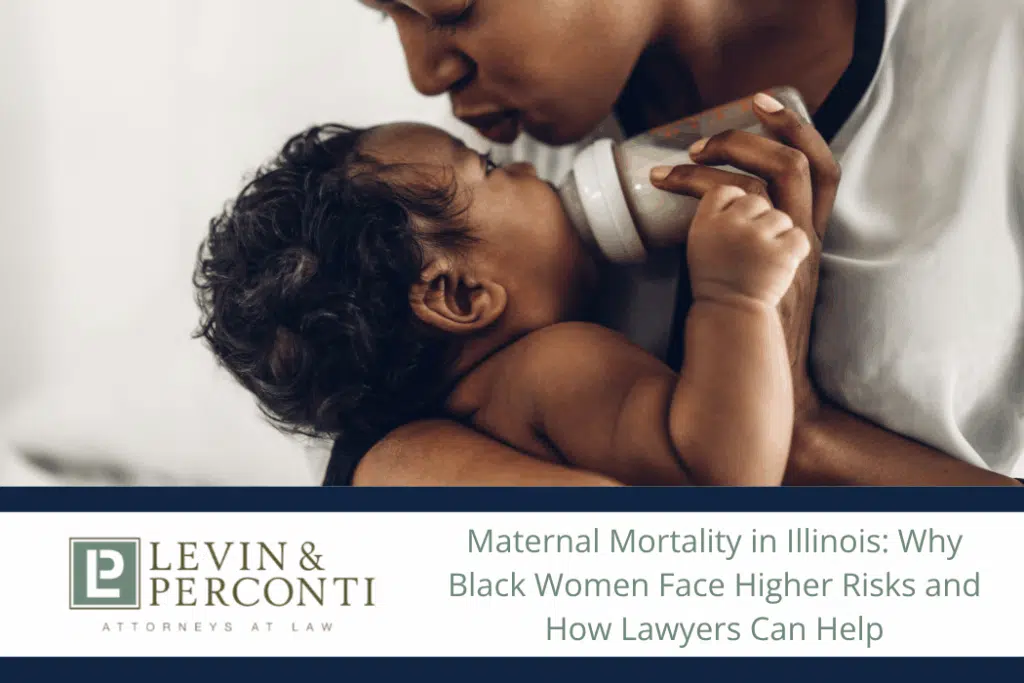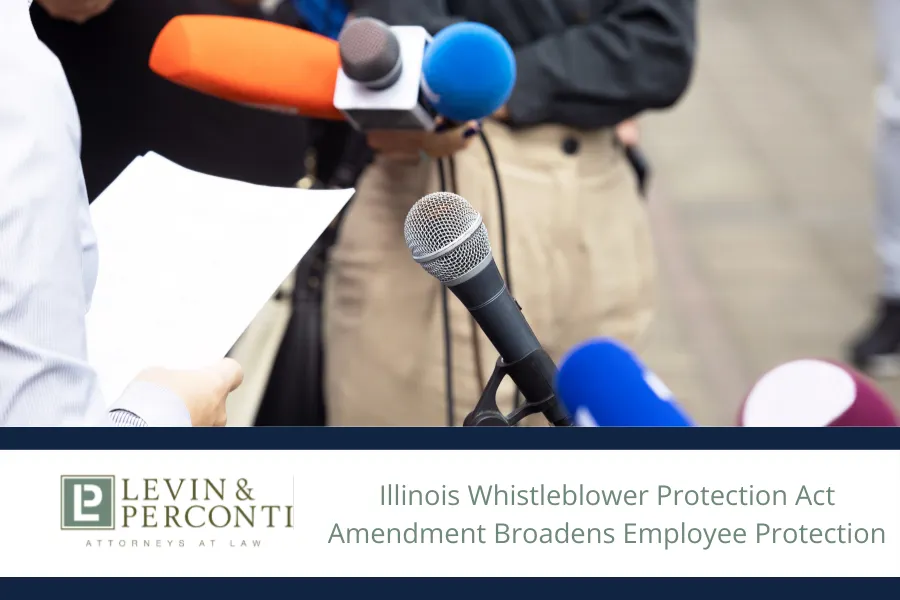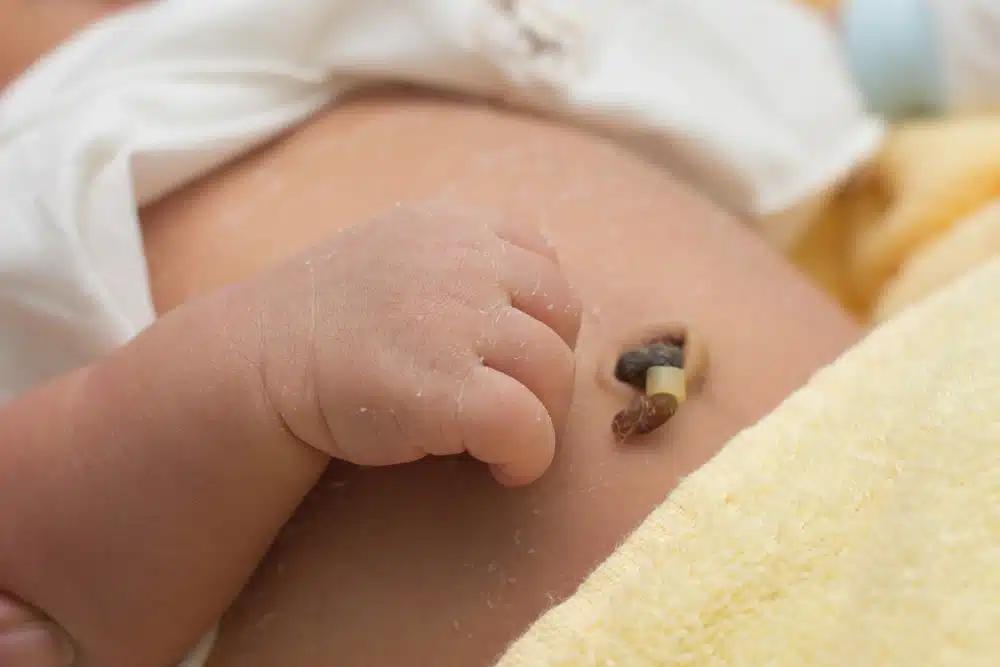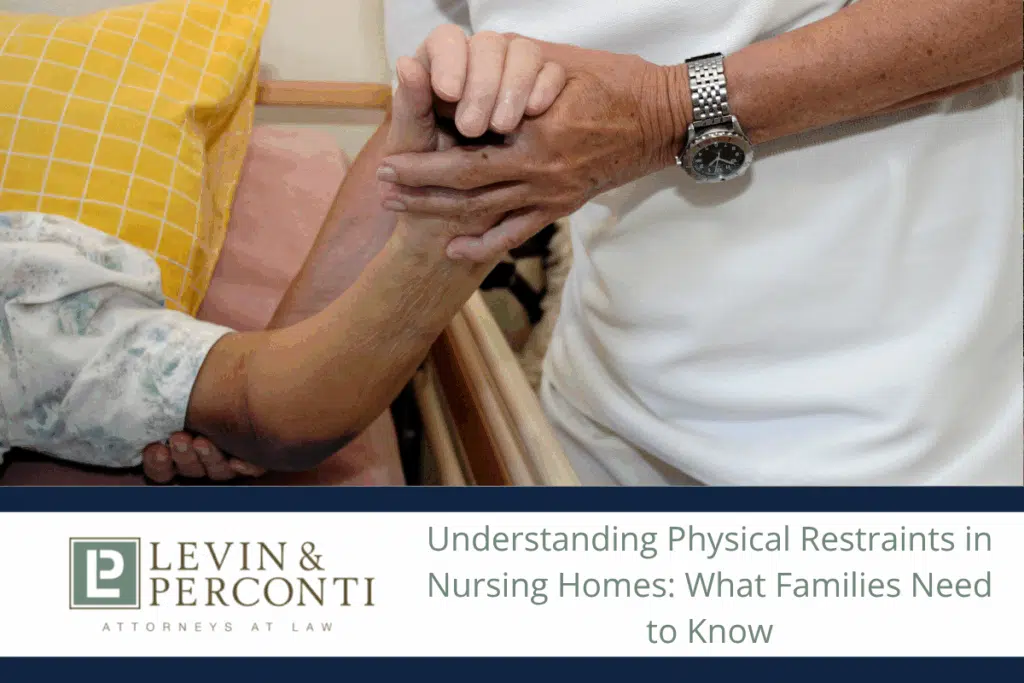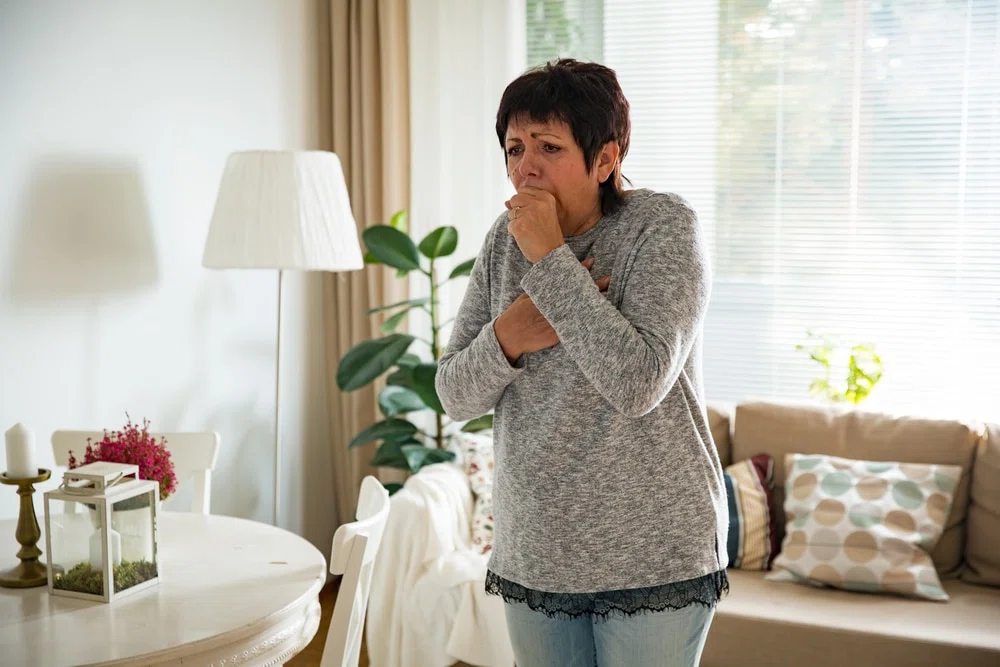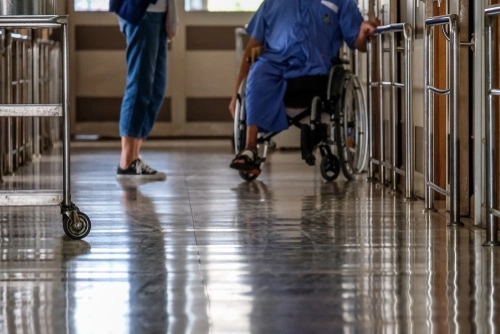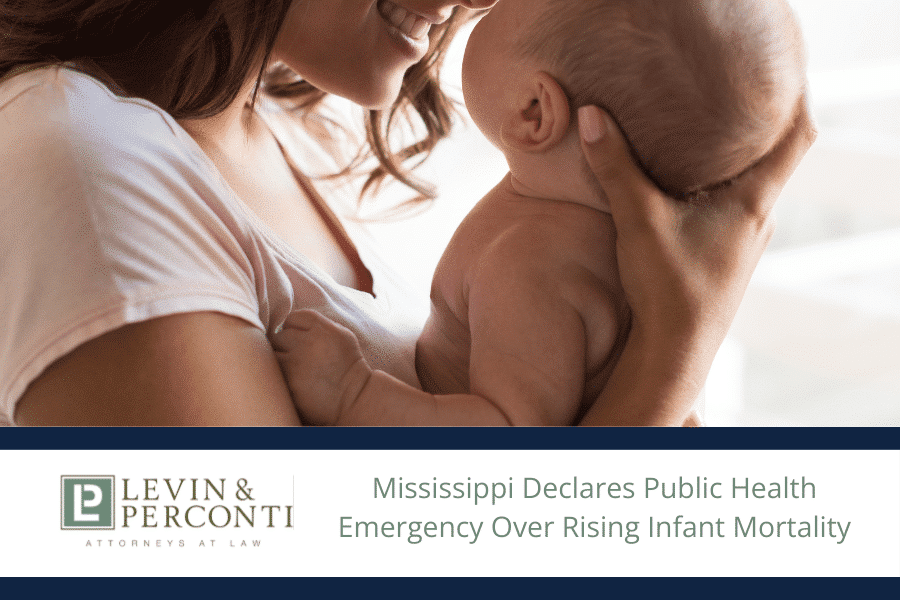College Sports Hazing Lawsuit
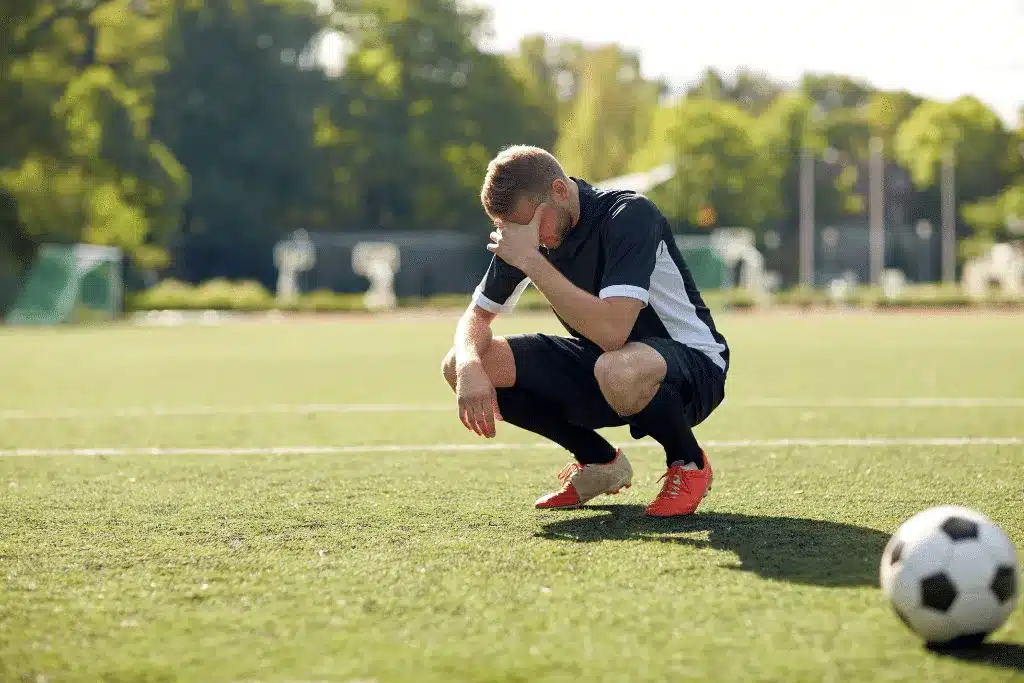
A university has a legal duty to protect players from hazing and to provide relief when hazing is reported. If you have experienced hazing in college sports, you may be living with emotional scars that could impact your relationships, academic performance, and future earning potential. We can help you hold the university accountable through a college sports hazing lawsuit.
Home | College Sports Hazing Lawsuit
Quick Links
- What Is Team Hazing in College Sports?
- How Common is Hazing in College Sports?
- The Impact of Hazing on College Athletes
- What Should I Do If I Am a Victim of College Sports Hazing?
- Can a University Be Held Liable for Hazing Abuse?
- Can I Remain Anonymous If I File A Hazing Claim?
- How Can Levin & Perconti Help?
- Past Client Testimonials
If you are living with hazing in college sports, our compassionate and experienced attorneys at Levin & Perconti can help you escape the abuse and pursue financial compensation for the trauma you have endured and the resulting financial losses. Call us now at (877) 374-1417 to talk to one of our caring hazing lawyers.
What Is Team Hazing in College Sports?
College sports hazing is a pattern of abuse perpetrated by older players—and, in some cases, the coaching staff—designed to intimidate, control, and humiliate teammates in front of others. It is a system of power and control that takes advantage of the uneven power dynamic among upperclassmen, freshmen, and players with lower social statuses.
Examples of hazing in college sports include the following:
- Forced consumption of excessive alcohol
- Being forced to do embarrassing things in public
- Sleep deprivation
- Verbal abuse
- Beatings
- Kidnappings
- Sexual assault
- Forced consumption of unsavory items
- Forced illegal activities, such as vandalism
Several students at Northwestern University in Chicago have recently come forward with serious allegations of hazing in the football program and retained us to represent them in their college sports hazing lawsuits. Northwestern University investigated and found strong evidence supporting the allegations.
Our college sports hazing attorneys have also spoken to students in other athletic programs at Northwestern University who had similar experiences. Hazing allegations at Northwestern University include the following:
- Dry-humping
- Forced naked acts
- Forced overconsumption of Gatorade
- Blatant racism
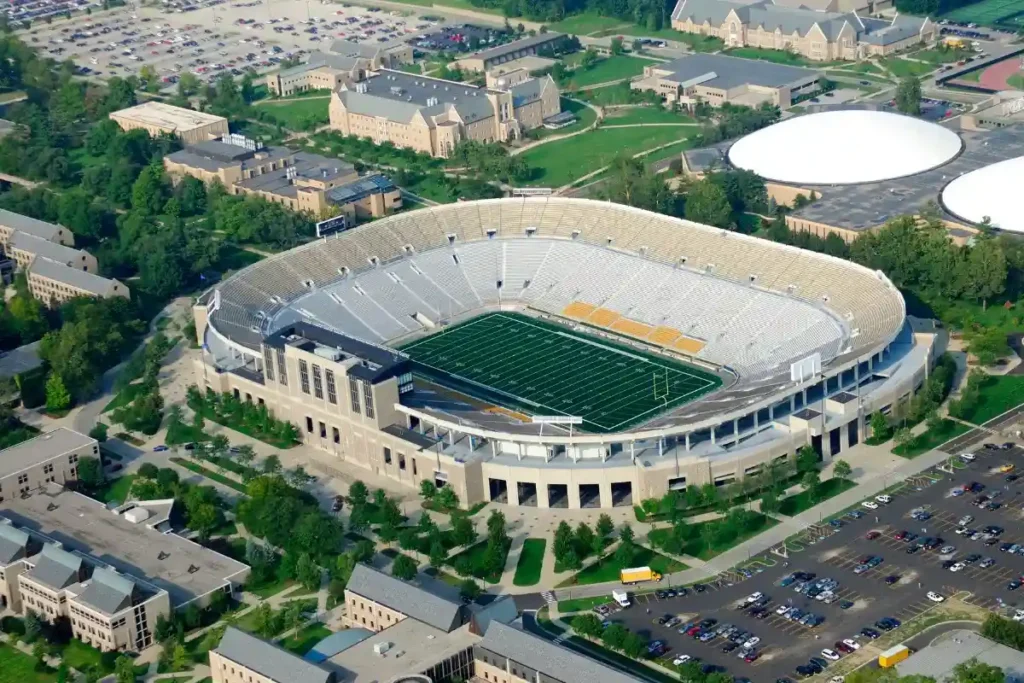
How Common is Hazing in College Sports?
According to the Stop Hazing Research Lab, 74 percent of college athletes experience hazing. Many of these students were also hazed in high school and may view the behavior as normal. As a result, hazing is a deeply ingrained way of life at many American universities.
The Impact of Hazing on College Athletes
College sports hazing can cause permanent physical and emotional harm. In some cases, it is fatal. You may suffer internal injuries from beatings, sexual violence, and forced consumption of harmful substances. You could sustain internal organ damage, suffer from substance addiction, or contract a sexually transmitted disease.
The following short-term and long-term psychological effects of hazing in college sports may impact your ability to finish college, enjoy healthy relationships, and maintain gainful employment:
- Depression
- Anxiety
- Post-traumatic stress disorder
- Eating disorders
- Low self-esteem
- Decreased confidence
- Aggression
- Trust issues
- Attachment disorders
- Suicidal thoughts
- Criminal behavior
- Eating disorders
Disparate Impacts of Hazing
Students from low-income backgrounds—many of whom can only afford school because of athletic scholarships—have distinct power disadvantages. This dynamic places them at a higher risk of being hazed and experiencing more severe hazing. Many are first-generation college students with high pressure to complete college.
Some athletes face distinct disadvantages in the power dynamics because they have more to lose if they leave the athletic program. These students are less likely to report hazing and more likely to face frequent and severe hazing incidents. These athletes include the following:
- Non-white athletes
- Athletes from low-income families
- First-generation college students
- Athletes relying on athletic scholarships to attend college
If you are one of these students, we understand how trapped you must feel, and we can help you if you contact us.
What Should I Do If I Am a Victim of College Sports Hazing?
If you are experiencing hazing in your college sports program, you already know the situation is too big to confront alone. You may be aware of students who have attempted to report the abuse only to be expelled or punished by worsened hazing.
When you contact one of our award-winning hazing lawyers, you will gain compassionate support from skilled advocates who will represent your best interests. We will help you take advantage of every legal option available, including the options discussed below.
An Injunction
An injunction is an order by the court ordering the college and coach to prevent you from experiencing more hazing. The injunction can include an order restraining the university or staff from retaliating against you for reporting abuse. Examples of retaliation include the following:
- Revoking your scholarship
- Benching you
- Suspending you
- Placing you on academic probation
A Criminal Investigation
Hazing is a misdemeanor in Illinois. It may be upgraded to a felony if it results in death or serious bodily harm. Rape, forced sodomy, sexual assault, or physical assault during hazing could result in additional criminal charges against the perpetrators.
We can help you report the abuse to the authorities when you are ready, and our compassionate hazing attorneys will support you when you make your report and during every phase of your lawsuit.
A College Sports Hazing Lawsuit
A civil lawsuit is your opportunity to hold those responsible who perpetrated or enabled hazing. You can accomplish this by pursuing financial damages for your pain, suffering, and humiliation. You may also be entitled to compensation for the following:
- Medical expenses
- Lost scholarships
- Lost academic opportunities
- Mental anguish
- Lost career opportunities
Can a University Be Held Liable for Hazing Abuse?
Universities are responsible for the conduct of their employees, including coaches who enable hazing when they fail to hold the culprits accountable and report it to the university and law enforcement. Some coaches actively participate in hazing.
Colleges can also be held liable if they fail to investigate or take meaningful action to stop hazing after students report it. One of our most important tasks as college sports hazing attorneys is identifying actions college officials could have taken to stop the abuse.
A school can also be held liable if you reported the hazing and experienced retaliation in any form.
Can I Remain Anonymous If I File A Hazing Claim?
Filing a lawsuit anonymously requires approval from a judge. It will only be granted if you demonstrate that you have good cause to remain anonymous and that your privacy interest outweighs the public interest in open court proceedings. Our award-winning hazing attorneys can determine whether your case qualifies during your free case review.
Past Client Testimonials
Don’t take our word for it. Hear from some of the medical malpractice victims we’ve helped:

Legally Reviewed by

Bonamarte, IV
Read Bio
Since 2005, Michael Bonamarte IV has been a passionate advocate for victims of negligent conduct, corporate malfeasance, and medical malpractice. He has won numerous awards and recognitions, including Best Lawyers in America and Super Lawyers’ Rising Star. He has presented for the American Association for Justice, the AAJ Nursing Home Litigation Group, the John Marshall Law School, and numerous other legal associations. He regularly lectures at Chicago-area aging organizations about nursing home abuse. His writings have been published by the American Bar Association, the Chicago Daily Bulletin, and numerous other prestigious publications.
Related Pages
Notable Results
for failure to properly read pap smears, resulting in the misdiagnosis of cervical cancer and eventual death of a 35-year-old mother of three children.
for failing to biopsy a known breast tumor, resulting in the delay of diagnosis of breast cancer, causing death.
for failing to perform an annual pelvic exam, which resulted in the untimely diagnosis of ovarian cancer.
How Can Levin & Perconti Help?
Speaking out about hazing in college sports is a courageous act that involves standing against powerful college athletic organizations. Our college sports hazing lawyers have over 400 years of combined experience standing up to powerful corporations in cases involving all forms of physical, emotional, and sexual abuse.
We have recovered over $1 billion in financial compensation for injured clients and have the resources to effectively stand up with you against your university.
Our experienced hazing attorneys refuse to settle for less than you deserve in your college sports hazing lawsuit. Contact us today online or call us at (312) 332-2872 to schedule a free, confidential consultation.

Related Blogs

